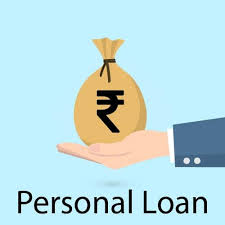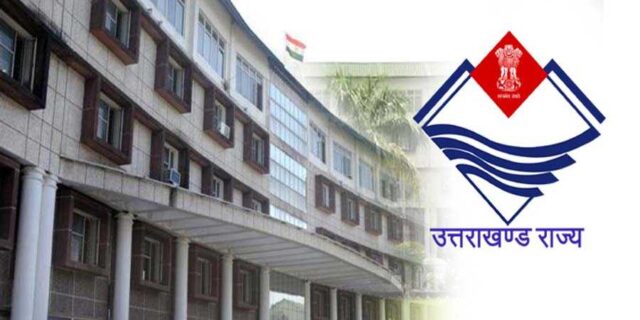What will happen to you if you do not repay your personal loan? Banks definitely take these actions for recovery

Personal loan, in a way, gives us immediate financial help, but what happens when we are unable to pay the installments of this loan? In this article, we are going to tell you what banks can do to you if you do not pay the installments of personal loan. Through a photo gallery, we will explain to you these serious consequences, which can happen after loan default.
First reminder notice of the bank
When a borrower defaults, the first thing banks do is send reminder notices. These notices can be via email, letter or phone call informing them about the outstanding loan amount. The purpose of these reminders is to give the borrower one last chance to repay the loan before taking serious action.
Late Payment Fees
If the payment is not made, banks levy late payment fees, which increase the total loan amount. This additional fee can increase your financial stress and make the loan repayment process even more difficult.
Impact on credit score
Not paying a personal loan has a direct impact on your credit score. Banks report your outstanding payments to credit bureaus, which can lower your credit score. A lowered credit score can make the process of getting a loan in the future difficult, as it makes you appear as a high-risk borrower.
Legal action: court cases and recovery
If the loan is not paid continuously, banks can take legal action. Under this, banks can file a case in the court and start the judicial process for recovery of the loan. Court charges can also be added to this process, which can prove to be an additional burden for the borrower.
Deduction from salary
Many times, banks can make direct deductions from your salary after a court order. This means that a certain portion of your monthly salary will be deducted by the bank. This step is usually taken when the bank receives an order from the court. This can have a serious impact on your financial situation, as you will no longer have the full salary.
Seizure of property
In some serious cases, when the borrower does not pay the loan, the property or assets deposited with the bank can be seized. This means that your property, such as jewelry, vehicle, or house, can be seized by the bank, if it is mortgaged against the loan.
Intervention of debt collection agency
If the bank is unable to recover the loan, they can resort to debt collection agencies. These agencies approach, negotiate and sometimes use harsh methods, such as personal visits, to recover the debt. This can cause mental stress to the borrower and further worsen the financial crisis.
Freezing the bank account
As a last resort, banks can freeze your bank account. This means you cannot withdraw any money from your account. If you deposit salary or other funds, these may also be frozen, which can worsen your financial situation.
Consequences for co-signers
If you have a co-signer on your loan, the bank can hold him responsible as well. This means that the co-signer’s assets and credit score can also be affected. This can cause tension in relationships and increase financial problems.
Increased financial stress
Ultimately, not paying a personal loan can lead to long-term financial difficulties. Actions taken by the bank, such as legal cases, contact with recovery agencies and increased charges, can affect the borrower mentally and emotionally. To avoid this situation, it is better to approach the bank and try to find a solution.







